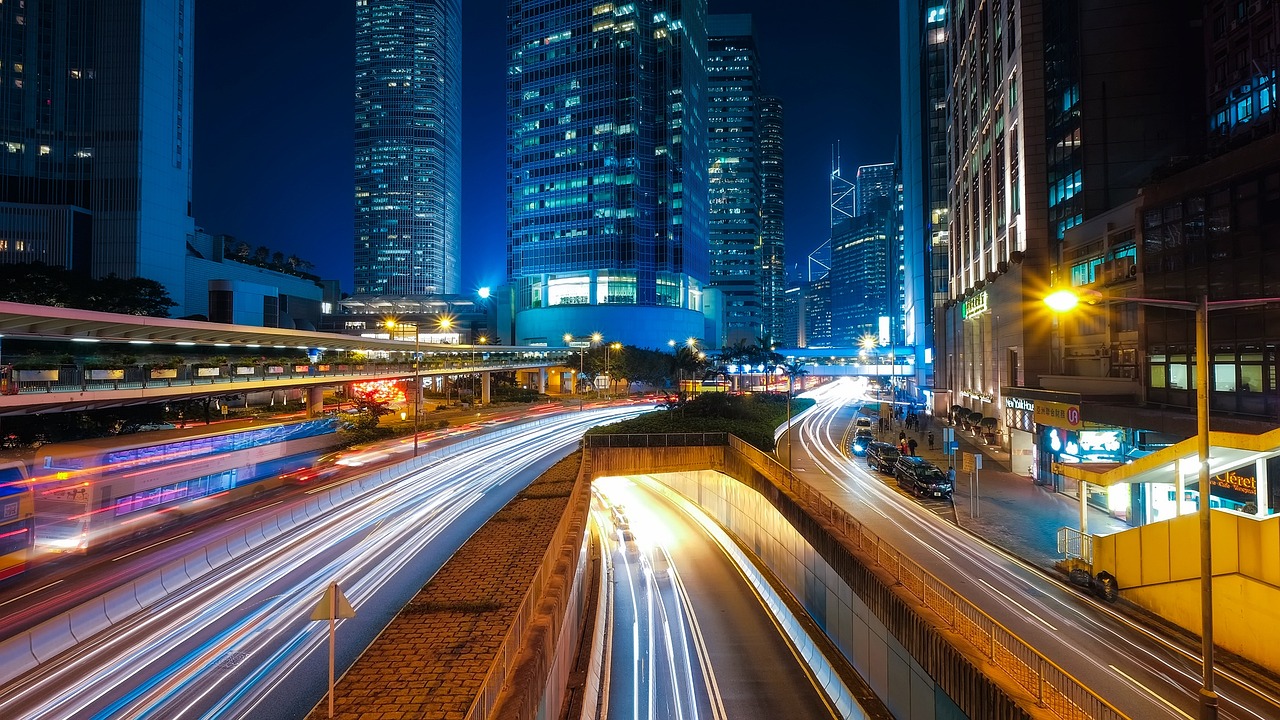Scientists present concept for the elimination of traffic jams

In a groundbreaking study published in the prestigious journal Nature, a team of economists from the University of Cologne and Cornell University have put forward a visionary concept for traffic management that could revolutionize the way we navigate our roads. By implementing a dynamic and fair toll system based on real-time traffic data, congestion could be significantly reduced while simultaneously protecting the environment.
The proposed toll system would require drivers to pay a fee that adjusts according to the current traffic conditions. This means that during peak hours, when traffic is most congested, the fee would be higher, encouraging drivers to seek alternative routes or travel during off-peak times. By doing so, not only would traffic flow improve, but air pollution levels would also be reduced, resulting in a cleaner and healthier environment for all.
The economic impact of traffic congestion cannot be ignored. In Germany alone, congested roads cost the economy around €80 billion in 2017. However, what is even more unfair is the fact that those responsible for causing traffic jams, damaging the environment, and incurring costs are currently paying the same amount as those who are not involved. This means that the general public is effectively subsidizing these road users. By implementing a toll system, these costs would be brought to light, ensuring fairness and accountability.
The beauty of this proposed toll system lies in its adaptability. Just like navigation systems that suggest the best routes based on real-time data, the toll fees would also adjust according to the volume of traffic and the current road conditions. This flexibility empowers drivers to make informed decisions about their routes, ultimately reducing the strain on major traffic arteries and lowering CO2 emissions.
Technologically speaking, implementing a dynamic road toll system is already within our grasp. With the advancements in navigation systems, telecommunications, GPS data, and mobile applications, drivers can be provided with accurate information and predictions about traffic volumes. Of course, privacy is a legitimate concern, but modern cryptology offers promising solutions that would allow toll operators to collect fees without compromising personal travel information.
Contrary to concerns about the toll system disadvantaging those who cannot afford it, the researchers emphasize the importance of dynamic pricing and providing options. For example, imagine pricing the left lane on frequently congested multi-lane roads higher than the right lane. This would naturally lead to a lower traffic volume on the left lane and increase the flow of traffic on the right lane. By creating such incentives, everyone stands to benefit.
In conclusion, the proposed dynamic toll system for road use presents an innovative and fair solution to combat traffic congestion and reduce air pollution. By embracing technology and implementing a flexible pricing structure, we have the opportunity to transform the way we navigate our roads, creating a more efficient and sustainable transportation system. It is time to unlock the full potential of our roads and pave the way for a brighter future.
News
- 2023-07-20 Germany behind schedule on wind energy rollout: study
- 2023-07-20 Researchers propose a circular economy for rare-earth elements
- 2023-07-20 Researchers propose a circular economy for rare-earth elements
- 2023-07-20 Charging cars at home at night is not the way to go, study finds
- 2023-07-20 Charging cars at home at night is not the way to go, study finds